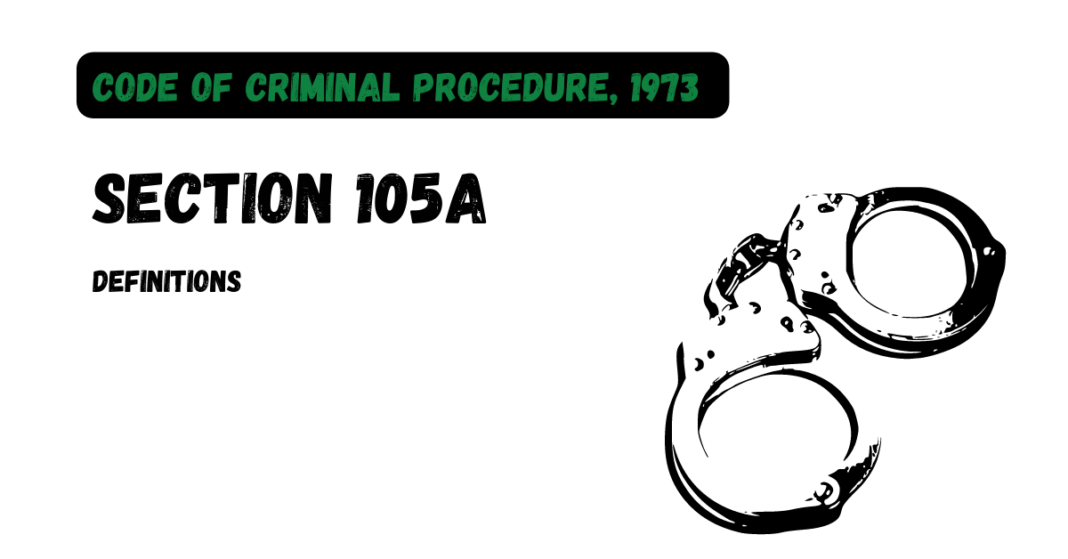In this Chapter, unless the context otherwise requires,—
(a) “contracting State” means any country or place outside India in respect of which arrangements have been made by the Central Government with the Government of such country through a treaty or otherwise;
(b) “identifying” includes establishment of a proof that the property was derived from, or used in, the commission of an offence;
(c) “proceeds of crime” means any property derived or obtained directly or indirectly, by any person as a result of criminal activity (including crime involving currency transfers) or the value of any such property;
(d) “property” means property and assets of every description whether corporeal or incorporeal, movable or immovable, tangible or intangible and deeds and instruments evidencing title to, or interest in, such property or assets derived or used in the commission of an offence and includes property obtained through proceeds of crime;
(e) “tracing” means determining the nature, source, disposition, movement, title or ownership of property.





